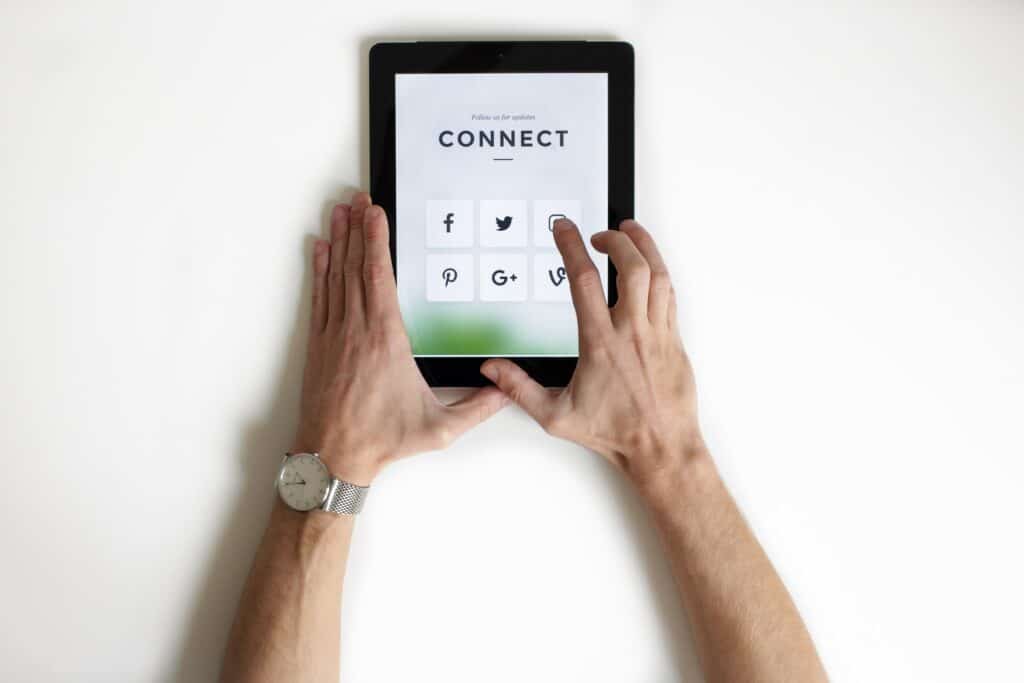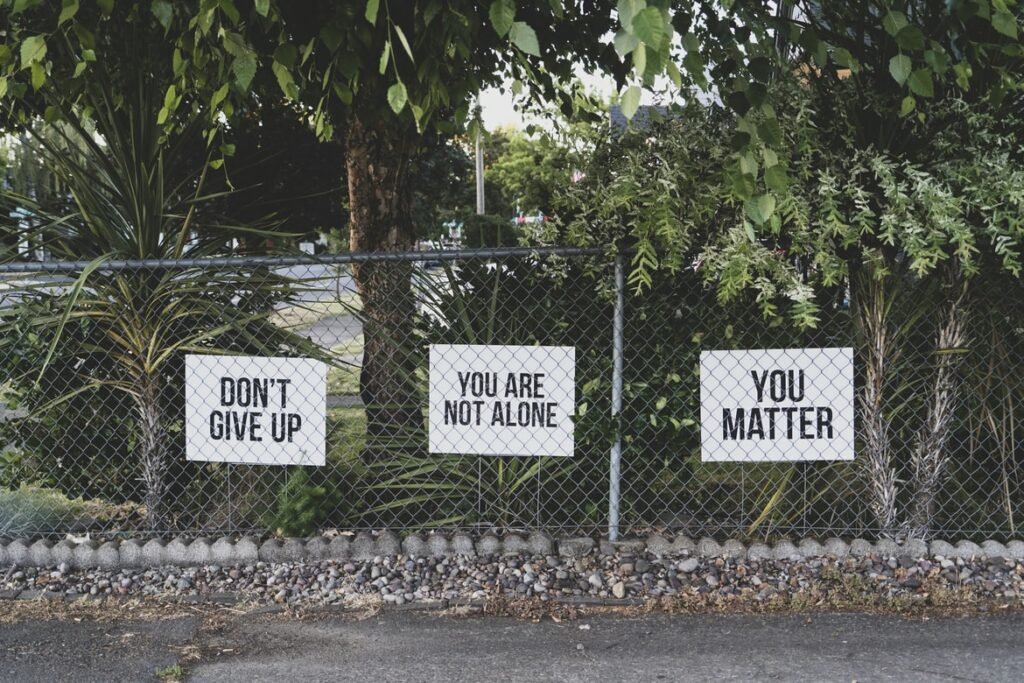World Mental Health Day is everyone’s business. Mental health can affect an individual at home, with their friends and family, in their community and in their workplace. We all have moments when we can feel down or stressed but sometimes this can develop into more serious problems and unfortunately a lot of the time there is a stigma with many people being uncomfortable talking about their mental health problems.
We spend so much of our lives at work and our mental health can spike whilst at work, this is why HR leaders need to recognise the best ways to deal with this and how to help their employees.
What is World Mental Health Day?
World Mental Health Day is recognised by the World Health Organisation and takes place on the 10th of October every year. The main reason we have this day in our calendars is to raise awareness of all mental health issues around the world and to help bring attention to efforts that support mental health. 1 in 4 adults have a mental health issue which can affect them in every aspect of their lives. There is a lot of uncertainty with where to find help, who to speak to and where individuals can find relevant information, which is why World Mental Health Day comes into play, to help raise awareness of this information and to support one another.
Why World Mental Health Day is important
This is an opportunity for businesses, individuals and communities to talk about their work with mental health and how they have been able to support others with their own practices. World Mental Health Day also provides a platform to raise further awareness about what else needs to be done to turn mental health care into a reality for everybody around the world. Millions of employees over the past year and a half were furloughed, or had no choice but to work from home, which had a negative impact on their mental health. This is why it is so important for businesses to understand the needs of their team and how they can support them. According to the University of Warwick, supporting employee wellbeing increases productivity by up to 12 %. Here are some great suggestions to help with mental health at work moving forward:
1. Ask questions

Getting your team to talk about their mental health is not the easiest, simply asking open questions is a great start. Not everybody will be willing to talk but setting some time aside and asking questions about how they are managing their mental health and what they are coping with will give them the opportunity to discuss if they are comfortable to do so. Taking time out regularly to discuss an employee’s mental health will encourage them to share more every time as they become more comfortable which will allow you to explore options that will support them.
2. Use surveys for feedback

Want to make a change in your workplace to reflect World Mental Health Day? The best way to start is with an online survey for the people in your company to complete. It is a great idea to gain an understanding of how your employees are currently feeling around their own mental health and how they feel this is being handled by you. The survey will help HR leaders to highlight any key themes and priorities that should be focussed on.
3. Listen and reflect

Whether somebody in your business has a mental health problem or not, the past year and a half has been very challenging nonetheless. The pandemic has had an impact on everybody’s mental health and wellbeing, so if your employee chooses to open up to you and speak about their mental health situation, it is important to remember that you may not be able to fix and change everything, listening and showing that you are taking your employees seriously can go a long way and they’ll appreciate you for just being there and listening. If you are able to help with their work/life balance and adjust work challenges then this will put less pressure and stress on any other concerns or anxieties outside of work that you cannot fix.
4. Invest in mental health benefits

Many companies may already have some initiatives in place to help with the mental health of their teams, but offering 24/7 mental health support and resources can be life changing to some people. Mental health applications such as Headspace or Calm are modern wellbeing applications that provide engaging and anonymous support, and can be used at home to help with meditation, therapy, and stress management. Providing wellbeing benefits will always go a long way in showing appreciation and care for your team’s health.
5. Educate your team

HR teams can play a crucial role in educating the business around mental health which will help to make those affected to feel more comfortable and included. HR teams can share infographics and statistics to help raise awareness of mental health but also organise sessions with medical professionals and mental health speakers, to further educate the wider business in what mental health is and how people can cope with it.
6. Encourage Exercise

It is common knowledge that exercise improves our mood by increasing our endorphins, but exercising with friends and colleagues can be even better. Exercising with your colleagues adds a social factor to motivate each other and ensure that it happens. Exercise is the ultimate tool to keep mental and physical wellbeing in shape and encouraging this through cycle to work schemes, gym discounts and pairing people up in an exercise ‘buddy’ scheme can really push people to do more exercise and improve their mental health.
World Mental Health Day is such a hot topic right now and mental health has become a huge priority for many businesses. If you’d like to find out how Virgin Incentives can help your employees’ wellbeing through Reward & Recognition or through team experiences, get in touch today.

